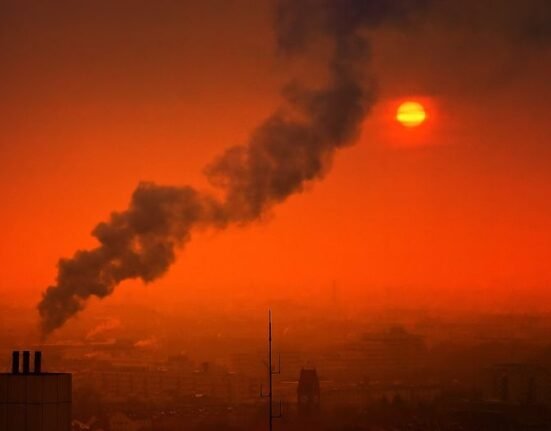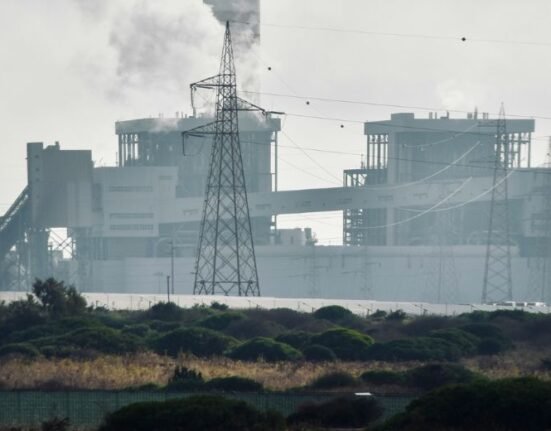HQ Team
April 10, 2024: A report released by the international non-profit InfluenceMap reveals that just 57 companies are responsible for 80 percent of the world’s carbon emissions from 2016 to 2022.
These companies are involved in oil, gas, coal and cement production. The organisation’s Carbon Majors Database report names the leading state-controlled entities and investor-owned companies driving the climate crisis and global warming. It says the companies combined are responsible for around 30,000 megatons of carbon dioxide emissions worldwide in 2022 alone.
High-emission companies
InfluenceMap reports production conditions in these high-emission industries have reached unprecedented levels. Most of the emissions growth has come from a relatively small number of large companies.
“It is morally reprehensible for companies to continue expanding exploration and production of carbon fuels in the face of knowledge now for decades that their products are harmful,” Richard Heede, said in an interview to The Guardian. “Don’t blame consumers who have been forced to be reliant on oil and gas due to government capture by oil and gas companies.”
The think tank says that the net zero target set under the Paris climate change agreement in 2015, which established an internationally agreed-upon 1.5 degree Celsius global warming limit by 2100, has not been achieved.
Unprecedented production
InfluenceMap reports production conditions in these high-emission industries have reached unprecedented levels. Most of the emissions growth has come from a relatively small number of large companies.
The world’s number one source of carbon emissions has been China’s state-run coal production. From 2016 to 2022 they accounted for 25.79 percent of global carbon emissions. Saudi Aramco accounted for more than 4 percent of global emissions, Gazprom clocked over 3 percent and Coal India accounted for roughly 3 percent.
Corporations such as ExxonMobile, Shell, BP and Chevron comprised the most carbon emissions historically, combining for more than 10 percent since 1854. They also accounted for the most since the Paris Agreement was signed—combining for roughly 5 percent since 2016.
Since the Paris Agreement was signed, 58 of the top 100 carbon-producing companies have actually increased their production. This trend was most visible in Asia, where 13 of 15 companies ramped up their operations. In the Middle East (7 of 10), Europe (13 of 23), South America (3 of 5), Australia (3 of 4), and Africa (3 of 6). In North America, 16 of 37 companies, 43 percent, increased their emissions since 2016.
Coal mining has shifted from private companies to state-controlled ones with consumption increasing by 8 percent globally.
“These companies have made billions of dollars in profits while denying the problem and delaying and obstructing climate policy,” Tzeporah Berman, the international program director at Stand.earth and chair of the Fossil Fuel Non-Proliferation Treaty, said in the report. “These findings emphasize that more than ever, we need our governments to stand up to these companies, and we need new international cooperation through a Fossil Fuel Treaty to end the expansion of fossil fuels and ensure a truly just transition.”
The International Financial Standards Foundation unveiled new climate disclosure standards in 2023, with more transparency to the public and governments. This will make it much easier for companies to accurately assess their climate performance or lack thereof.








